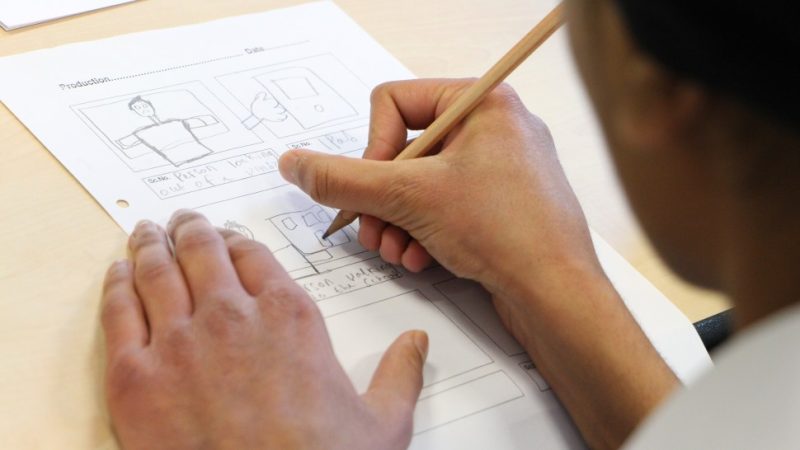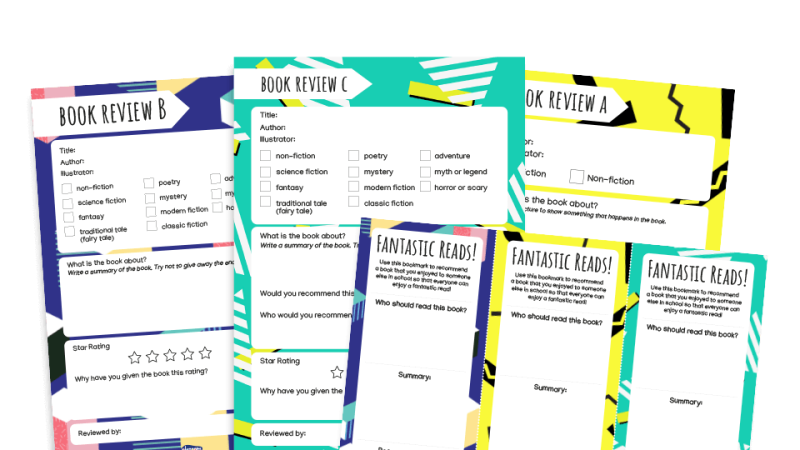School governors – 6 ways the role can improve your teaching

Seeing how other schools do things can help develop your practice, says Steve Edmonds… 1. Gaining perspective Governing provides you with a helicopter view, rather than the classroom view, and that’s helpful for teachers because it explains how a policy – for instance ‘a focus on writing’ – moves from being strategic to being taught. […]

Seeing how other schools do things can help develop your practice, says Steve Edmonds…
1. Gaining perspective
Governing provides you with a helicopter view, rather than the classroom view, and that’s helpful for teachers because it explains how a policy – for instance ‘a focus on writing’ – moves from being strategic to being taught.
The opportunity to see how another school, or group of schools, implements something is genuinely interesting, too. Understanding different approaches can inform your own thinking and help you to bring new ideas back to your own school, or classroom.
2. Understanding responsibilities
Being a governor provides useful insight into aspects of school life with which teachers may be less familiar, such as budget and finance, health and safety, and risk management.
Many schools use an integrated curriculum and financial planning approach, so sitting on the finance committee can develop your understanding about how curriculum decisions impact the school’s budget, etc.
3. Improving questioning and challenging skills
School governors hold the headteacher to account, and one of the key ways they do this is to ask questions and constructively challenge.
These are valuable skills for teachers to develop and can be applied in the classroom, in staff meetings and other professional contexts.
Understanding the right question to ask sounds straightforward but there is an art to it.
A good, thoughtful question finds out how things are working and what can be done collaboratively to improve, e.g. “How do we make this work?” rather than “Is this going to work?”.
4. Reflecting on your professional practice
The chance to oversee the strategy of another school provides a useful means to reflect on your own practice.
Your contribution to discussions and decision making at the school – or trust – you govern, will require you to look in different ways at areas such as the curriculum, behaviour, attendance and meeting the needs of pupils with SEND.
This will both deepen your understanding and benefit your professional practice. Visiting your school in a governing capacity and talking to fellow teachers also provides a chance for valuable professional dialogue.
5. Developing as a leader
Leadership is not just the domain of leaders, it’s important for us all to be able to lead – wherever we may be in our career.
Governing can help to develop these skills. At the National Governance Association, we regularly hear from teachers who say that governing is the most valuable CPD they have experienced.
Governing also provides numerous opportunities for professional development and training, whether in terms of the initial induction or to develop your knowledge in a specialist area such as safeguarding or finance.
6. Preparing for leadership roles
Of course, governing is also incredibly useful preparation for leadership roles, whether taking the reins as a head, or as a deputy or assistant head.
One of the core functions of governance is to hold leaders to account for the educational performance of the school or trust.
This provides a solid understanding of what a board’s priorities are and the information they require, which is really useful in a senior leadership role where you will be expected to work closely with your own governing board.
Steve Edmonds is director of advice and guidance at the National Governance Association (NGA).











